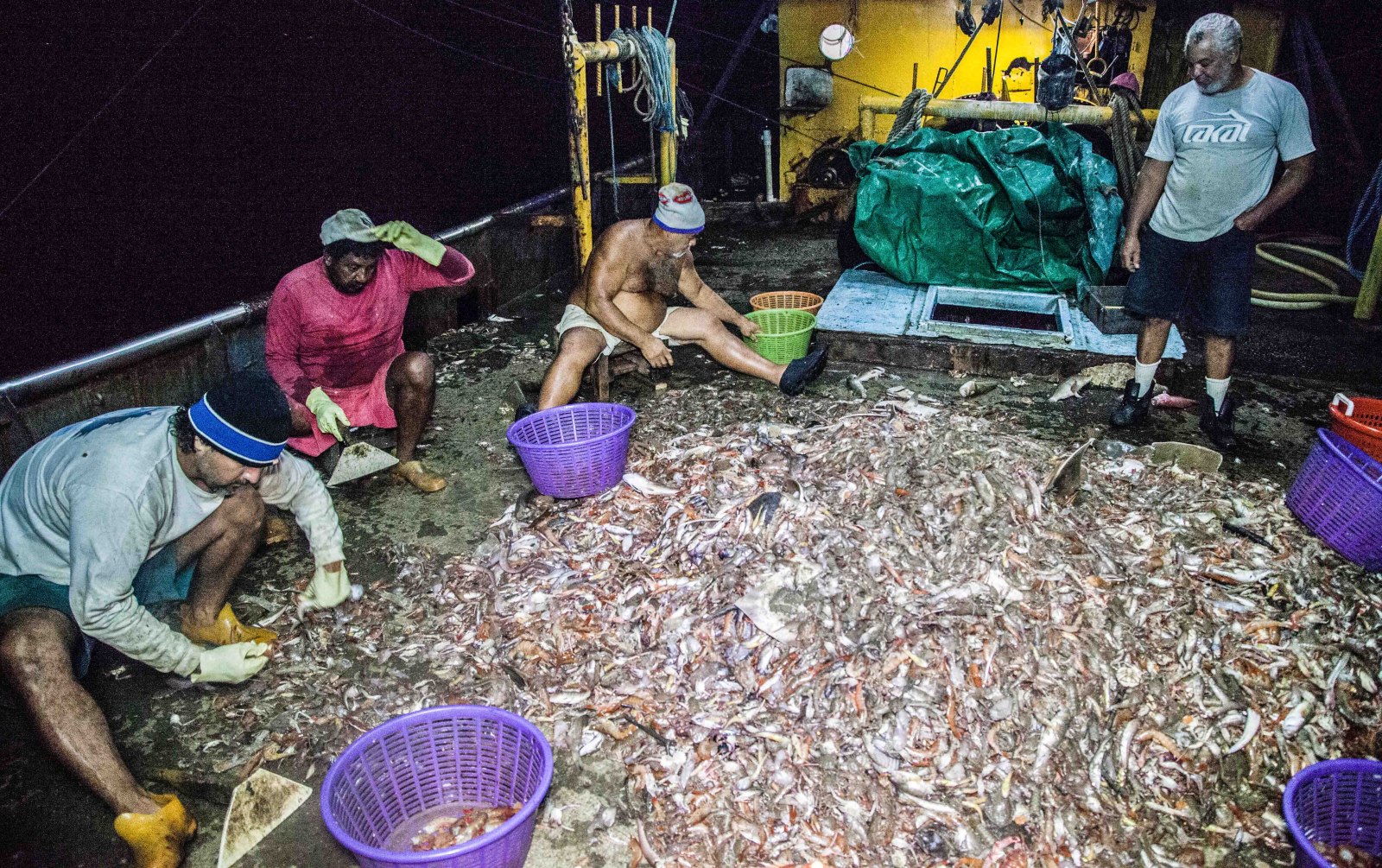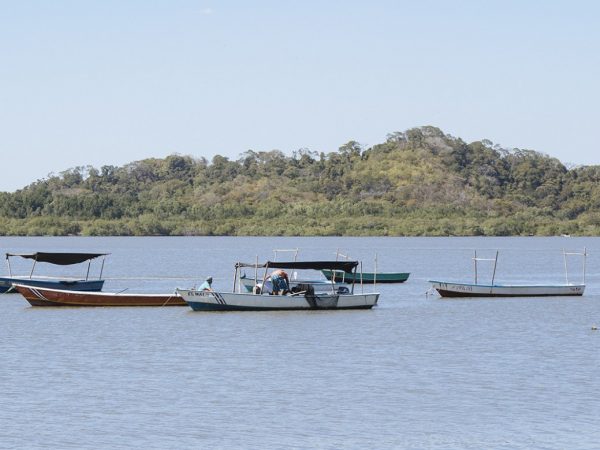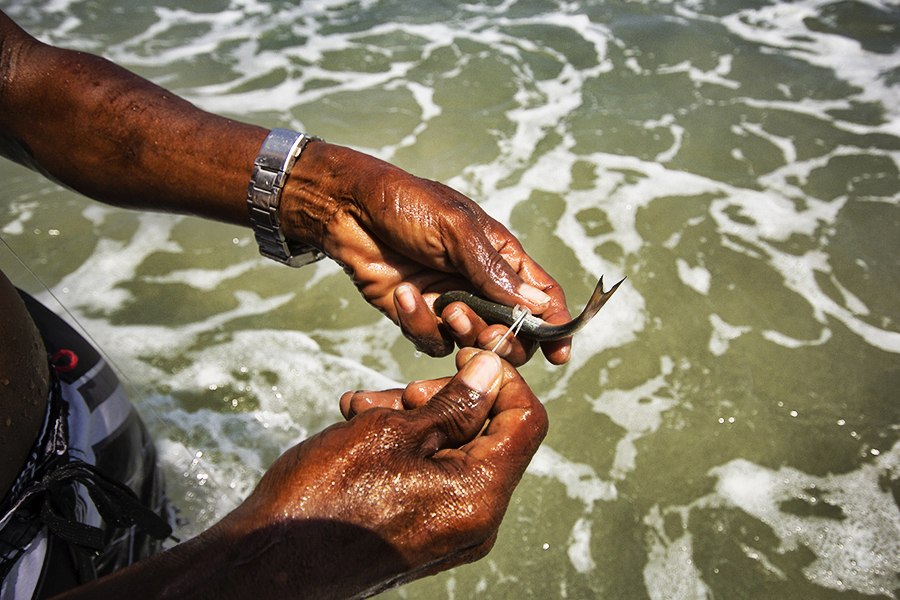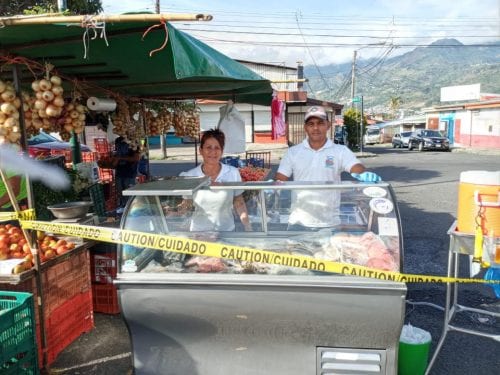
Long ago, shrimp could be caught using the technique “trawling,” which was later banned by the Constitutional Court because of severe environmental damages. Now there is an effort renew the use of trawling to avoid layoffs.
The Costa Rican Institute of Fishing and Aquaculture (INCOPESCA – Instituto Costarricense de Pesca y Acuicultura), together with the Ministry of Agriculture (MAG – Ministerio de Agricultura y Ganadería)and the Ministry of Labor and Social Security (MTSS – Ministerio de Trabajo y Seguridad Social), will present a bill to ensure that fisherman that engage in trawling use environmental sustainability practices.
So said Luis Dobles, president of INCOPESCA, who also said the project would seek to amend Articles 27, 43, 47 of Law 8436 on Fisheries and Aquaculture which at first were declared unconstitutional.
This measure seeks to handle the crisis situation which, according to the Chamber of Puntarenas Fishermen, will affect the fishing industry following the decision of the Constitutional Court, on August 7, which prohibited trawling by all vessels, whether small or transnational.
According to Puntarenas fishermen, the measure would cause a closure of operations of at least two major companies operating in the Pacific whose licenses will not be renewed.
Olman Segura, Minister of MTSS, said that the decision of the Constitutional Court would leave 600 women without employment as packers in the export sector. “We believe in the environmental sustainability of shrimping and fishing, but this also involves the sustainability of those living and working in the industry,” said Segura.
For Román Chavarría, of the Chamber of exporters, they are looking to find a solution to the problem: “We intend to prove to investors that it is possible to use sustainable practices while guaranteeing sources of jobs,” he said.
For his part, biologist Ricardo Gutiérrez said the problem is not the lack of laws regulating this type of activity, but rather enforcing the laws that there are: “It’s not that there aren’t any laws; the problem is that they are not obeyed. Who will control these fishermen? Would INCOPESCA be willing to use a GPS satellite tracker? Does INCOPESCA have the budget for this type of technology? It’s not only about putting this on paper; measures have to be implemented,”said Gutiérrez.
Meanwhile, Randall Arauz, president of Restoration of Sharks and Sea Turtles Program (PRETOMA – Programa de Restauración de Tiburones y Tortugas Marinas), went further: “The history of shrimpers tells us that they have never respected any regulation and neither have they received any penalty… because the same board members of INCOPESCA are shrimping businesspeople and thinking that there will be some regulation would be naive,” said Arauz.







Comments